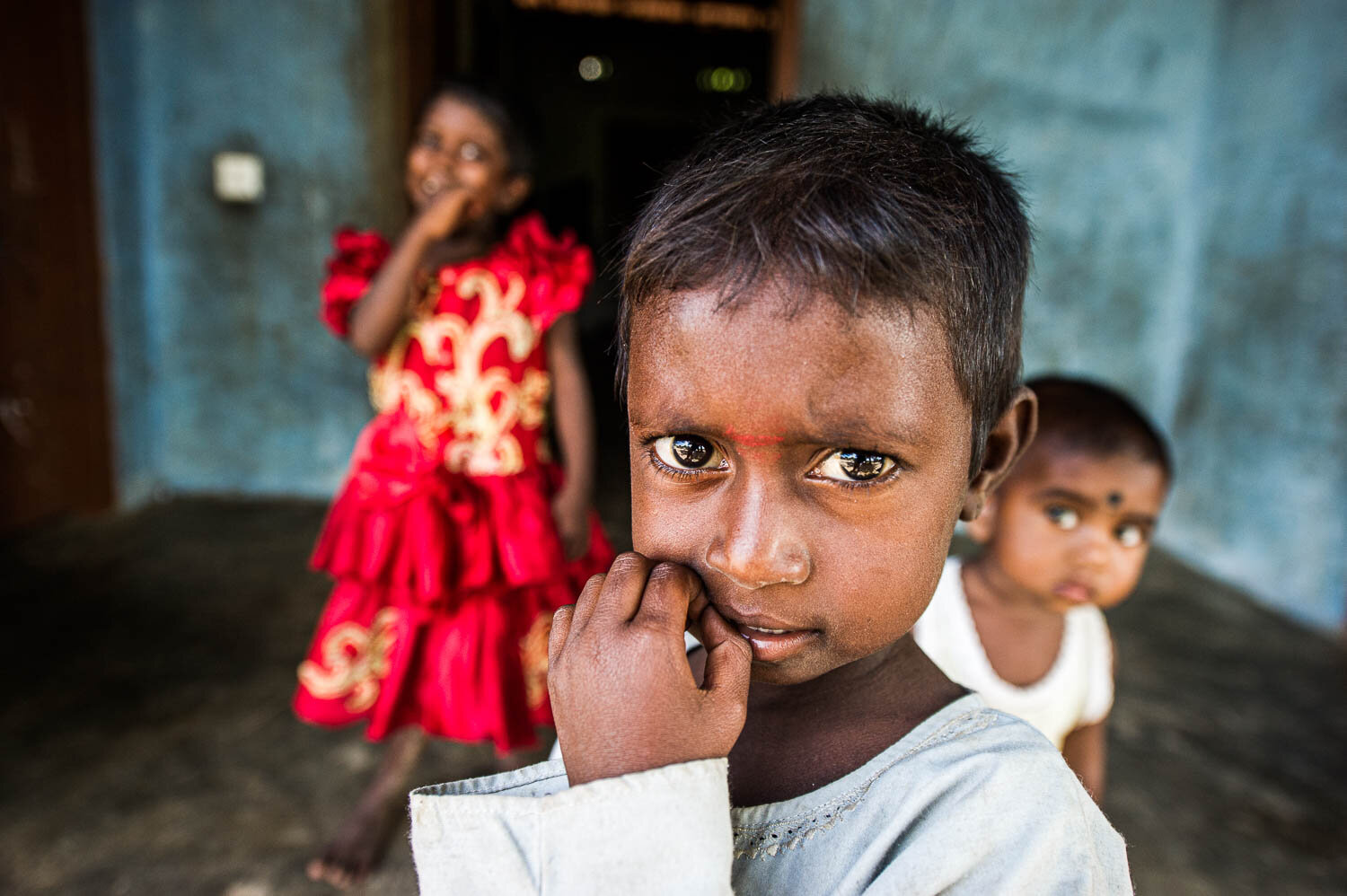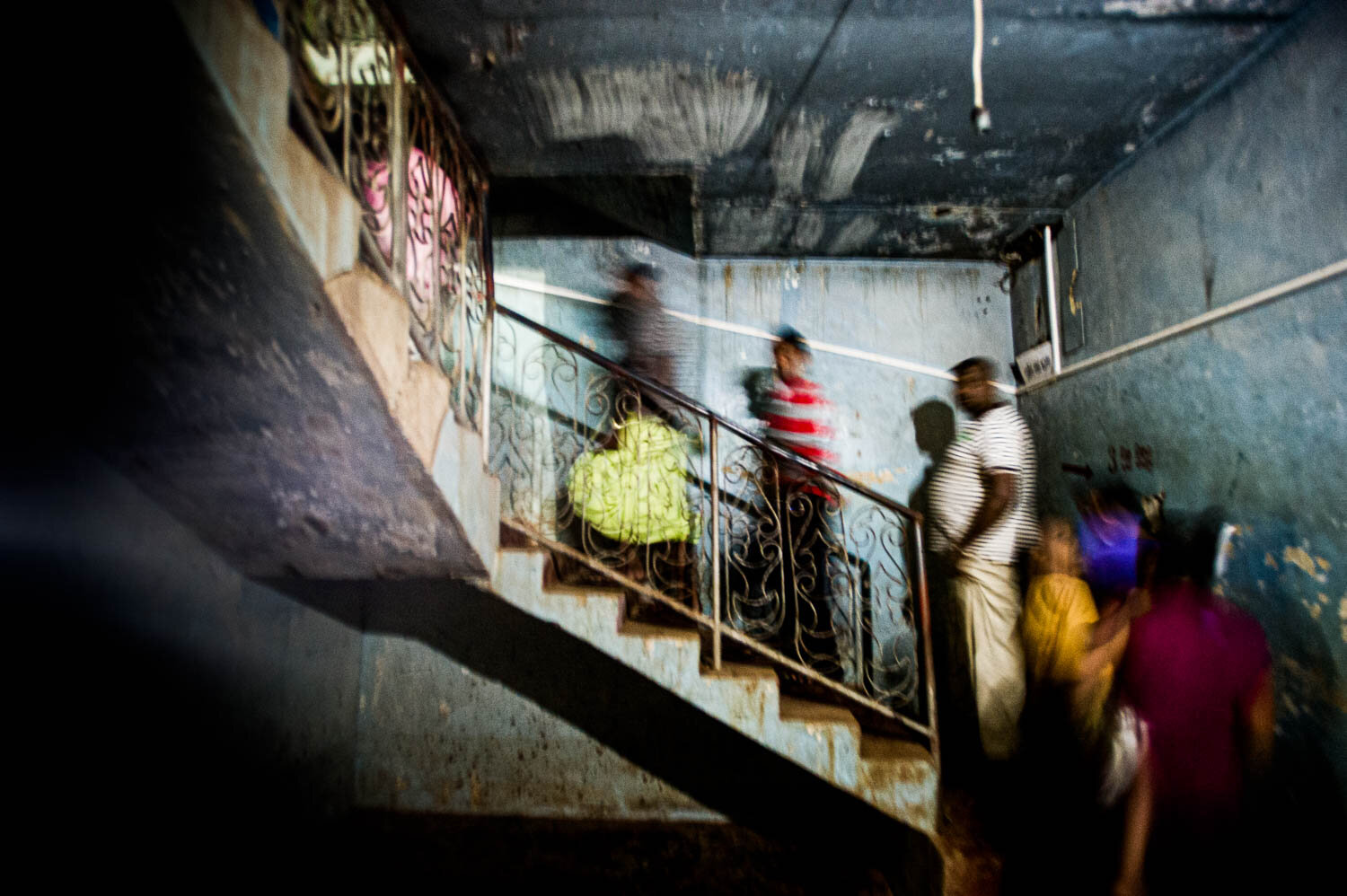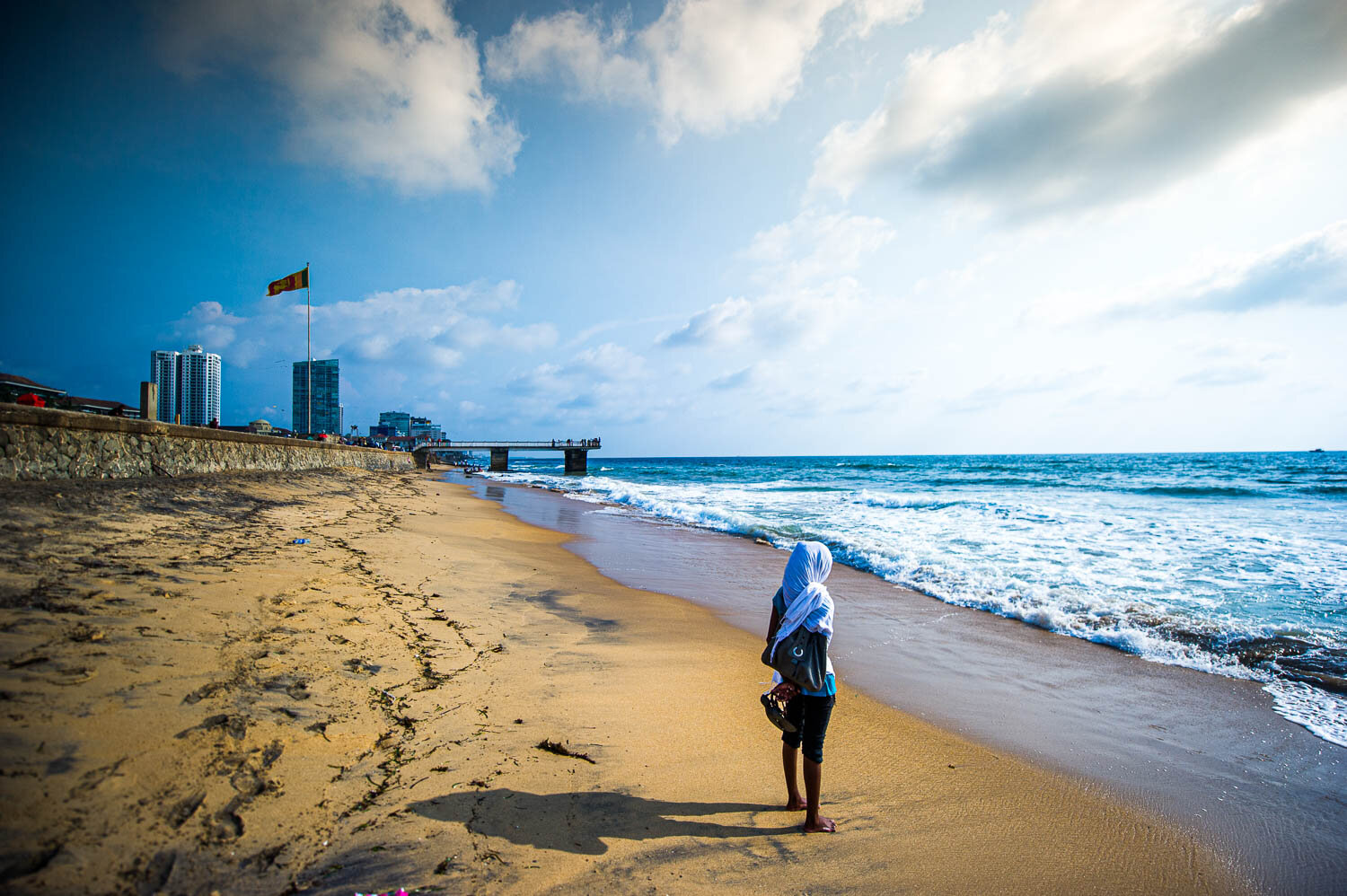
SRI LANKA: SEARCHING FOR RECONCILIATION
Three years on from the end of Sri Lanka’s civil war, progress has been made – but there are warnings of continued discontent amongst marginalised communities.
The civil war in Sri Lanka ended in May 2009, leading the government to formally recognise itself as the first modern democracy to eradicate terrorism on its own soil. Since then there has been enormous international pressure for an investigation into the huge loss of civilian lives and the disconcerting number of ‘disappeared’ persons during the final stage of the war.
In order to deflect some of this attention, President Rajapaksa commissioned a report entitled ‘The Lessons Learnt and Reconciliation Commission’ (LLRC). The report, although controversially lacking in any steps towards accountability (Amnesty International have discredited it as being ‘fundamentally flawed at every level’), has been hailed by many pro-government supporters as a roadmap to reconciliation.
This feature looks at what has happened in the three years since the war ended. And at what hasn’t. Much of the government’s rebuilding, despite relying heavily on Chinese loans, appears positive. In 2010, the Colombo stock exchange was the best performing stock exchange in the world. However, if the government continues to pay little more than lip service to Sri Lanka’s marginalised and disaffected Tamil, Muslim and indigenous Veddah communities, it will never have a peaceful state and it will never escape the prying eyes of the UN human rights council.

















